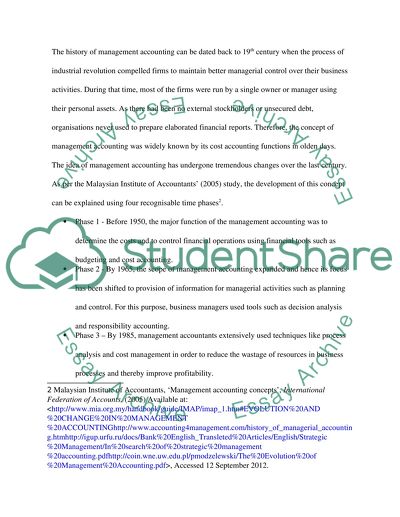Cite this document
(“Management accounting is a new branch of accounting that promotes the Essay”, n.d.)
Management accounting is a new branch of accounting that promotes the Essay. Retrieved from https://studentshare.org/finance-accounting/1401232-issues-in-management-accounting
Management accounting is a new branch of accounting that promotes the Essay. Retrieved from https://studentshare.org/finance-accounting/1401232-issues-in-management-accounting
(Management Accounting Is a New Branch of Accounting That Promotes the Essay)
Management Accounting Is a New Branch of Accounting That Promotes the Essay. https://studentshare.org/finance-accounting/1401232-issues-in-management-accounting.
Management Accounting Is a New Branch of Accounting That Promotes the Essay. https://studentshare.org/finance-accounting/1401232-issues-in-management-accounting.
“Management Accounting Is a New Branch of Accounting That Promotes the Essay”, n.d. https://studentshare.org/finance-accounting/1401232-issues-in-management-accounting.


